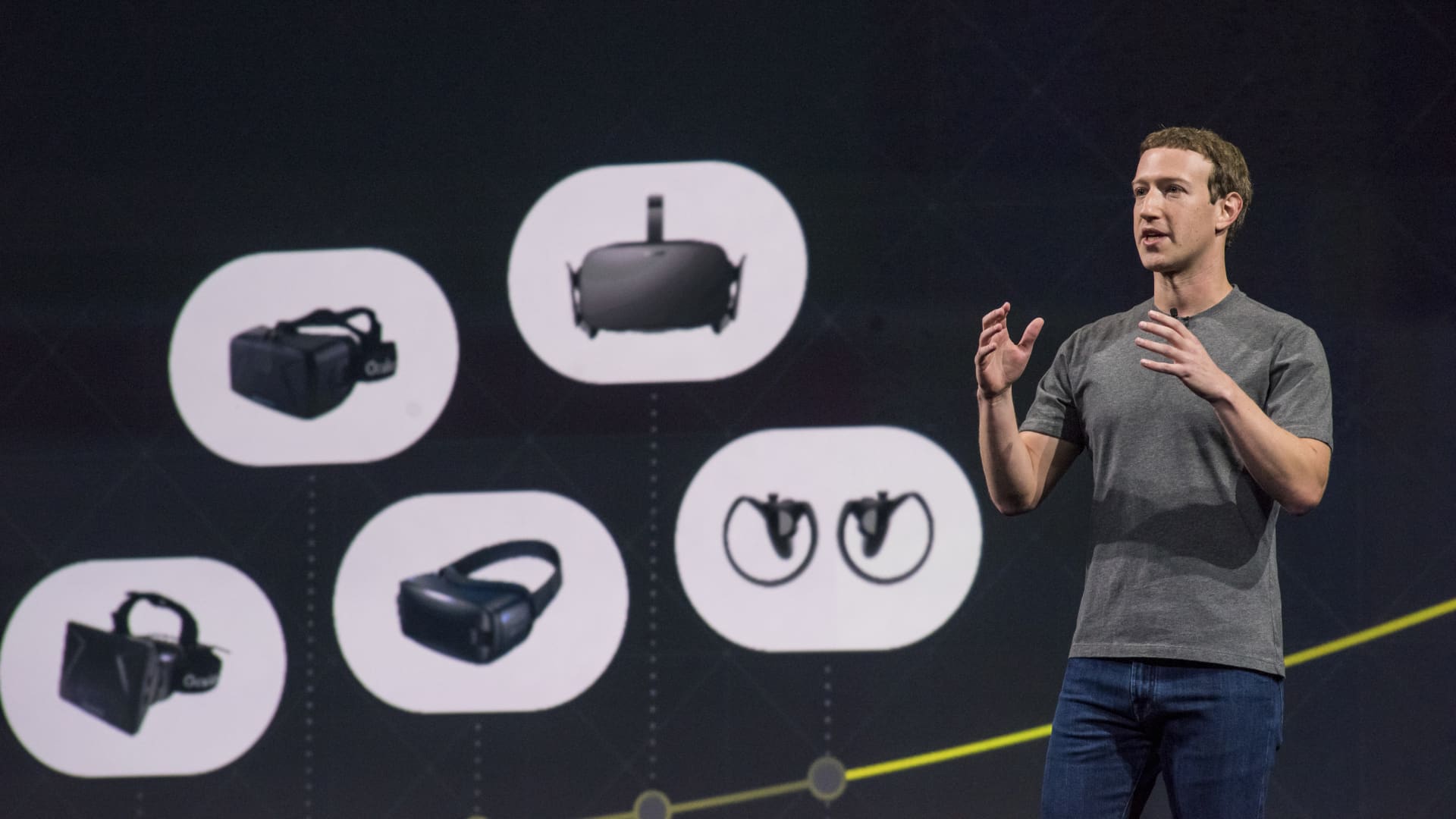Microsoft has announced that it has reached an out-of-court settlement with the California Institute of Technology (Caltech) over Wi-Fi infringement disputes. Caltech accuses Microsoft of using its proprietary Wi-Fi technology in Surface and Xbox devices game consoles. Microsoft has denied the allegations, saying the patents are invalid and that it has a license to use them. Despite Microsoft’s refusal, however, the company chose to settle the dispute out of court. This settlement sheds light on the complexity of patent infringement claims, the importance of intellectual property rights, and the implications for the technology industry as a whole.
Background to the dispute
The dispute between Microsoft and Caltech stems from claims of patent infringement related to Wi-Fi technology. Caltech, a renowned academic institution known for its research and innovation, accused Microsoft of infringing its wireless communication patents. These patents, which are critical to the 802.11n and 802.11ac Wi-Fi standards, are at the heart of the legal battle that has taken place between the two organizations.
This case follows an incident from 2020. A California jury ruled that Broadcom’s Wi-Fi chip used in Apple devices infringed Caltech’s patent and was ordered to pay $1.1 billion in damages. Apple was ordered to pay $838 million, while Broadcom was ordered to pay $270 million. After Caltech won the case, it went on to sue companies such as Microsoft, HP and Dell. The current disputes with HP and Dell are still pending.
Litigation and settlement negotiations
The legal saga between Caltech and Microsoft follows a familiar pattern seen in similar cases involving other tech companies such as Apple and Broadcom. Caltech initially sued Microsoft, claiming the tech giant’s products infringed on its patented wireless chip technologies. This led to a series of court proceedings, with both sides presenting their arguments and evidence to support their respective claims.
Gizchina News of the week
As the case progressed, settlement talks between Caltech and Microsoft emerged as a potential resolution to the dispute. These talks showed a willingness on both sides to reach a mutually acceptable outcome outside the courtroom. Ultimately, the parties decided to opt for an out-of-court settlement, ending the legal confrontation that had been going on for a considerable period of time.

Consequences of the Agreement
The agreement between Microsoft and Caltech has significant implications for both organizations and the broader technology industry. For Caltech, the resolution of this dispute represents a successful defense of its intellectual property rights and an affirmation of the value of its research endeavors. Through an agreement with Microsoft, Caltech secures its position as a key player in the field of wireless communication technology.
On the other hand, for Microsoft, the settlement means a strategic decision to resolve the legal issue without protracted litigation. By choosing to settle out of court, Microsoft avoids the uncertainty and expense of protracted legal battles, allowing the company to focus on its core business operations and innovation efforts.
Future outlook and impact on the industry
Looking forward, the agreement between Microsoft and Caltech sets a precedent for how intellectual property rights disputes can be resolved amicably in the technology sector. It emphasizes the importance of respecting and protecting patents, fostering a culture of innovation and encouraging fair competition in the industry.
Additionally, this settlement could affect how other technology companies approach similar patent disputes with academic institutions and competitors. It highlights the potential benefits of reaching out-of-court settlements as a means of efficiently and effectively resolving legal conflicts, ultimately benefiting all parties involved.
Conclusion
In conclusion, Microsoft and Caltech’s settlement of the Wi-Fi patent dispute represents an important milestone at the intersection of technology, innovation and intellectual property rights. This resolution also emphasizes the importance of protecting patent rights, promoting innovation, and seeking mutually beneficial solutions to legal conflicts in the ever-evolving technological landscape.
Microsoft reaches out-of-court settlement with Caltech over Wi-Fi patent dispute








